Your staff health and wellbeing guide for all your physical health, mental wellbeing, financial and spiritual needs




Your staff health and wellbeing guide for all your physical health, mental wellbeing, financial and spiritual needs




Your magazine was ‘highly commended’ at NHS Communicate for communications team health and wellbeing award.
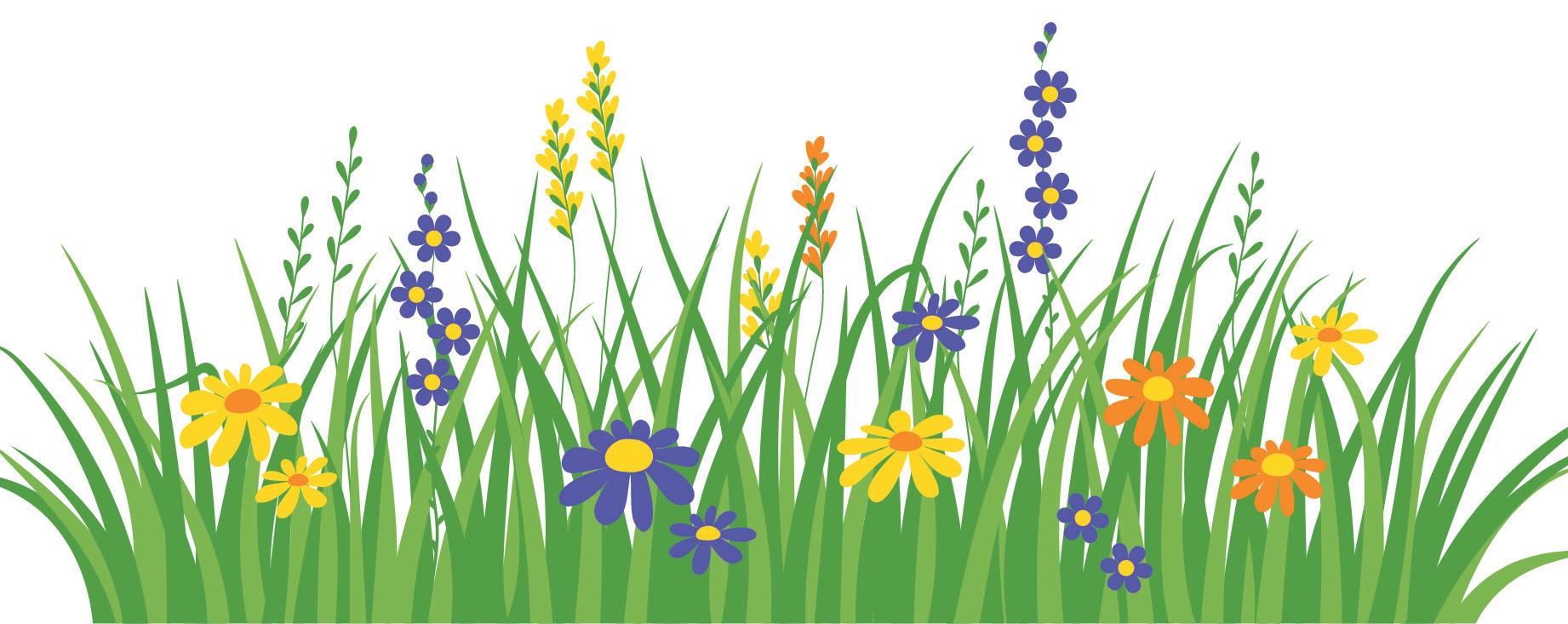
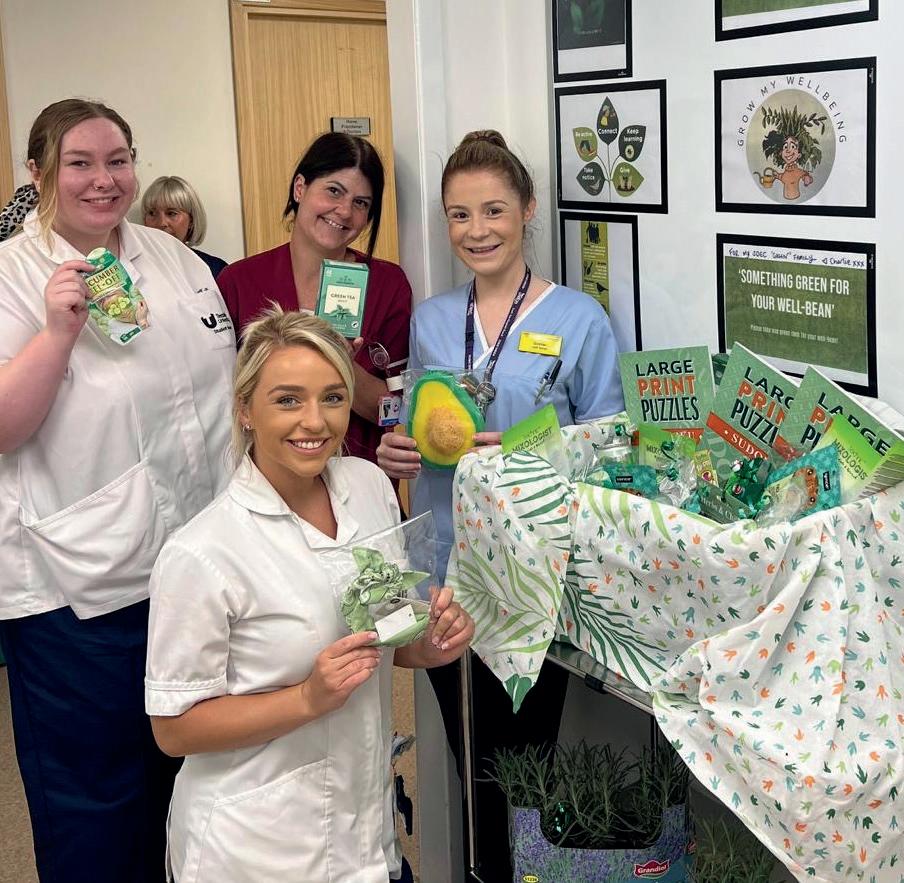

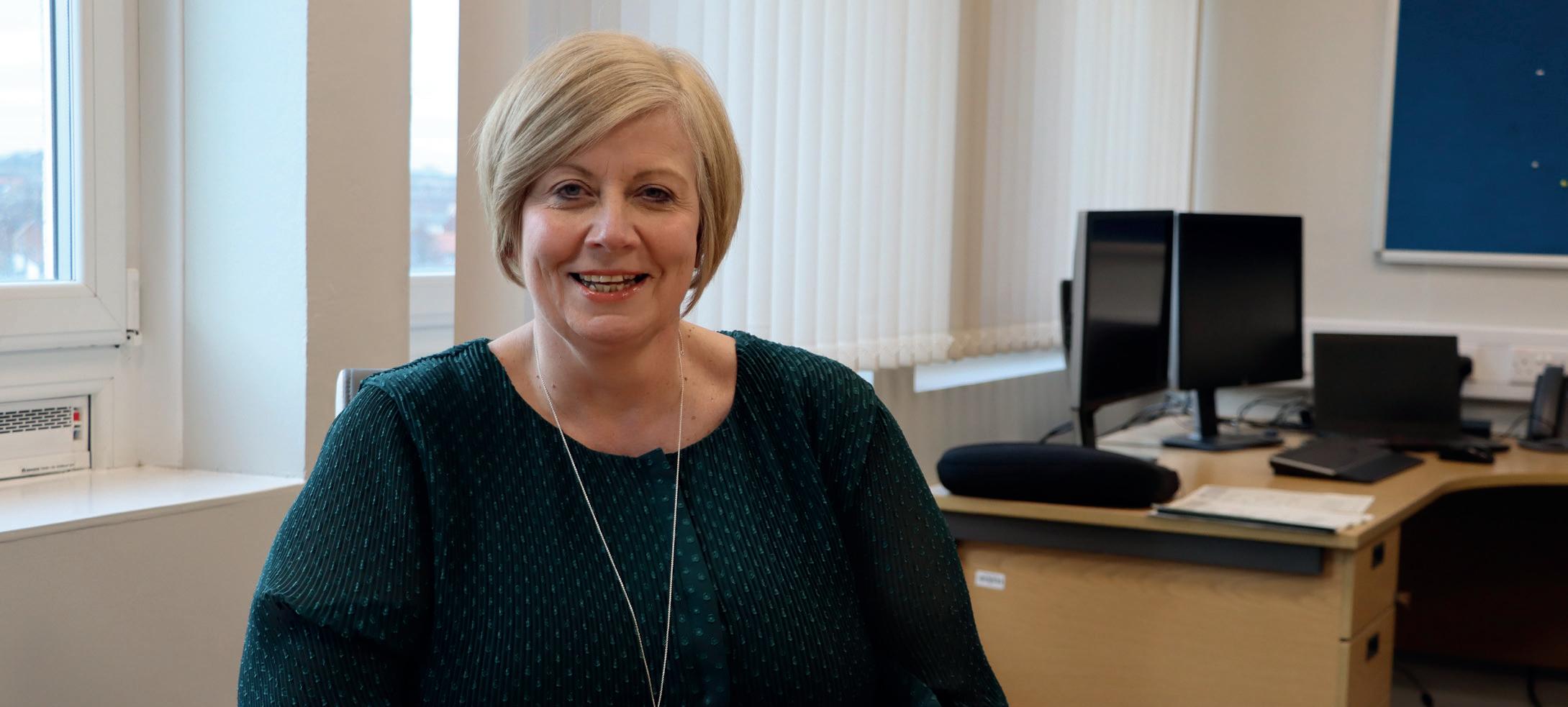
Dear colleagues,
It is my absolute pleasure to be writing an introduction for our shared Health and Wellbeing magazine once again.
This is the second Health and Wellbeing magazine with shared contributions from colleagues across North Tees and Hartlepool and South Tees Hospitals, and the first since the exciting announcement around our chosen group name University Hospitals Tees which was picked by you, our partners and our patients.
Choosing a strong identity to represent both of our organisations is an important part of fostering brand trust and credibility - it is a visual tool to represent everything we will accomplish as a group. Just as this magazine is a visual and tangible example of just some of the things our amazing colleagues accomplish in and outside of work that supports their health and wellbeing.
It has been a time of immense change over my first few months with you all; which has also seen some industrial action. I know it can be an anxious time while we find new ways of working, but progress continues and I am proud to see colleagues supporting one another.
This change also comes with immense opportunity, our group has the potential to be something really great and your continued hard work is a vital part of ensuring we harness that opportunity.
It’s important during this time to continue to champion you and your colleagues’ wellbeing, to look out for one another and to find moments in your day to recharge.
I’d also like to stress the importance of kindness over this period of change. It is the absolute cornerstone that will guide us through as we learn new ways of working together as an extended family.
A huge thank you to everything you do every single day to ensure our patients continue to receive the very best care. It is seen and appreciated.
Best wishes,
Stacey Hunter Group Chief Executive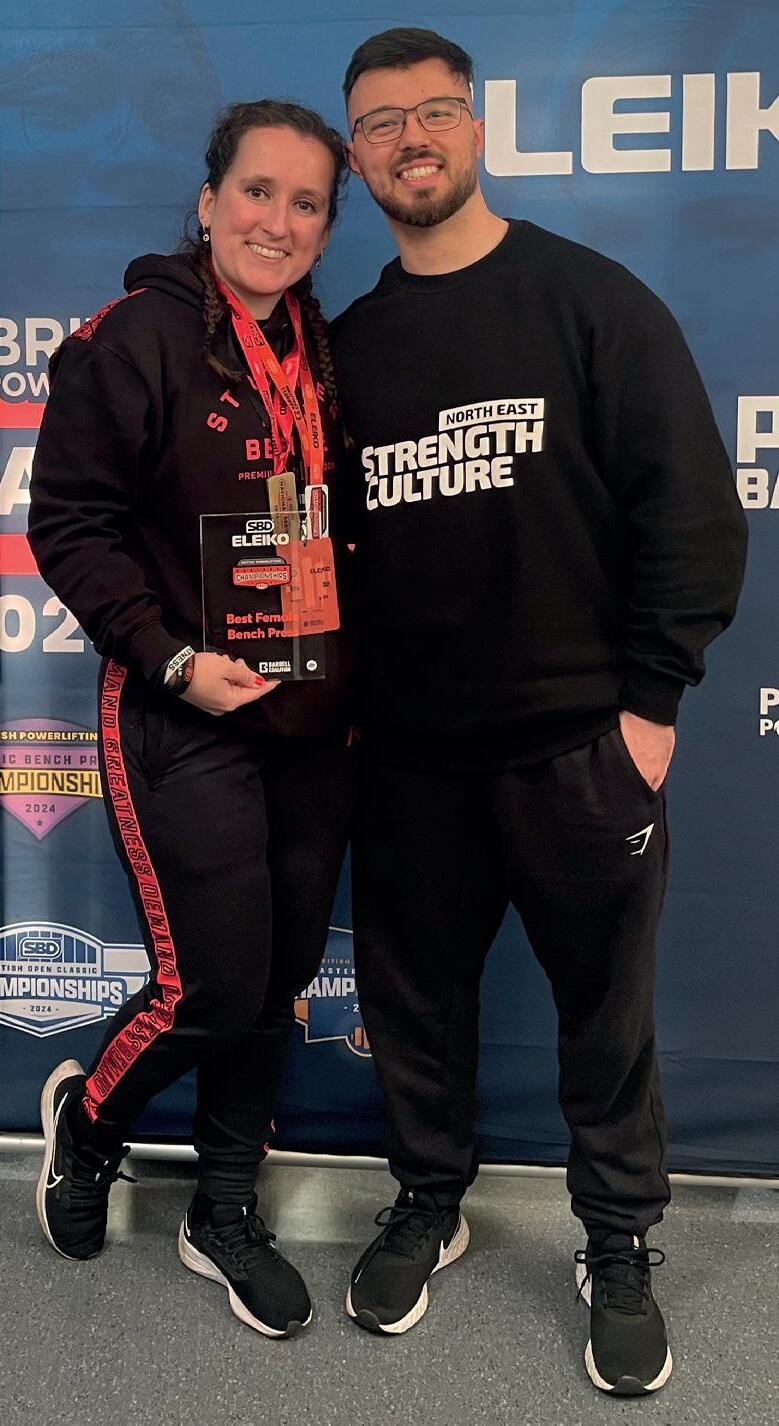
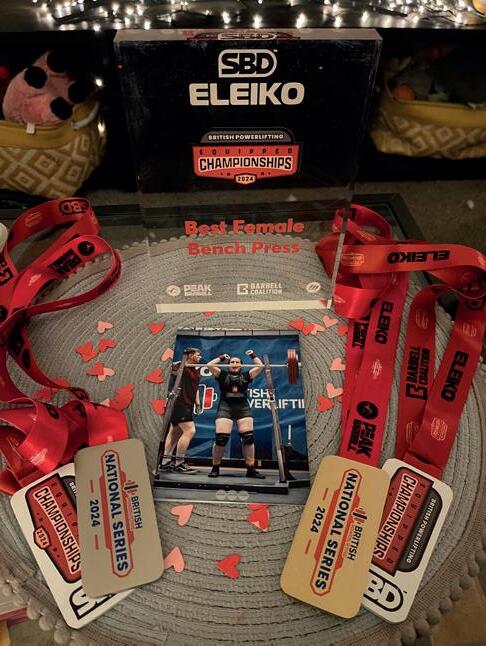 By Rachel Steedman, CT2 specialty core surgical trainee in orthopaedics, North Tees and Hartlepool
By Rachel Steedman, CT2 specialty core surgical trainee in orthopaedics, North Tees and Hartlepool
Rachel Steedman, a CT2 specialty core surgical trainee in orthopaedics, began her power lifting journey nine years ago, having been brought into the sport by her boyfriend. An initial drive to get back to the gym after a historic knee surgery meant field hockey at St Andrews University was out of the question. Rachel quickly found her passion within the power lifting community and now finds herself representing Team GB in the coming months.
Rachel took some time out after a busy on call shift to share her story with us:
I came to power lifting in 2015 and I started competing in 2017. I’d originally been on the first team in hockey at University, but I’d had knee surgery when I was 14 and 16, so I quickly found that I had to give that up as it was causing problems.
I spoke to my boyfriend about how much I wanted to get into the gym as I missed physical activity. He quickly became my power lifting coach and he gave me a personalised programme – it instantly clicked for me and I found myself really enjoying it.
So tell us about power lifting and why you enjoy it so much
So power lifting is a bit different to weight lifting, for one it’s not in the Olympics. Weight lifting includes the clean and jerk, whereas power lifting involves three different movements – the squat, bench and deadlift – one rep max on each with ascending weights. You get three attempts when you’re in a competition.
What do I really enjoy about it? I can go to my training and I have a group of people around me who all share the same passion. It’s definitely the comradery and team spirit that I love most about it.
It’s also immensely satisfying lifting big weights and being able to see your progression. With lifting you can quickly see yourself reaching milestones, whether that’s by weight lifted or number of reps – it can progress week by week.
How would you say that it helps with your mental health and keeping that work/life balance?
I think without it and without having that physical outlet I’d go mad! It helps me to switch off from work – I can ‘take my rage’ out on the weights. I’ve also got friends at the gym as well and I get to share the experience with my partner.
He comes along and trains with me and helps me out. So it’s something that we can share together and something we can do together outside of work. It’s quite nice that we get to share the experience together when we both have busy and demanding careers.
You’ve taken part in a couple of championships recently –would you like to tell us a little bit about them?
I competed recently at the British equipped bench press championship, which was Saturday 24 February, and the British equipped full power championship on the Sunday (25 February).
So on the Saturday, in the bench only, I benched 143 kilos –which was an extension of my own British record in the under 76 weight category. I also won best female lifter of the whole competition – so that’s when you can put anyone from any weight or age category up against each other and you compare weight lifted based on your body weight. So I got the highest points for that – I won a trophy, £250 and a free t-shirt!
The Sunday I did full power and came second in my weight category. I lifted a total of 500 kilos, that was through a 195 squat, 142.5 bench and 162.5 deadlift. This won me a place in the open powerlifting team so hopefully I’ll get to compete in Malta in September at the Western European Championships.
A couple of weeks after the bench championship, Team GB also approached me and they have invited me to Texas for World Bench in May. It’s safe to say it was a successful weekend and I’m very excited to compete for Team GB!
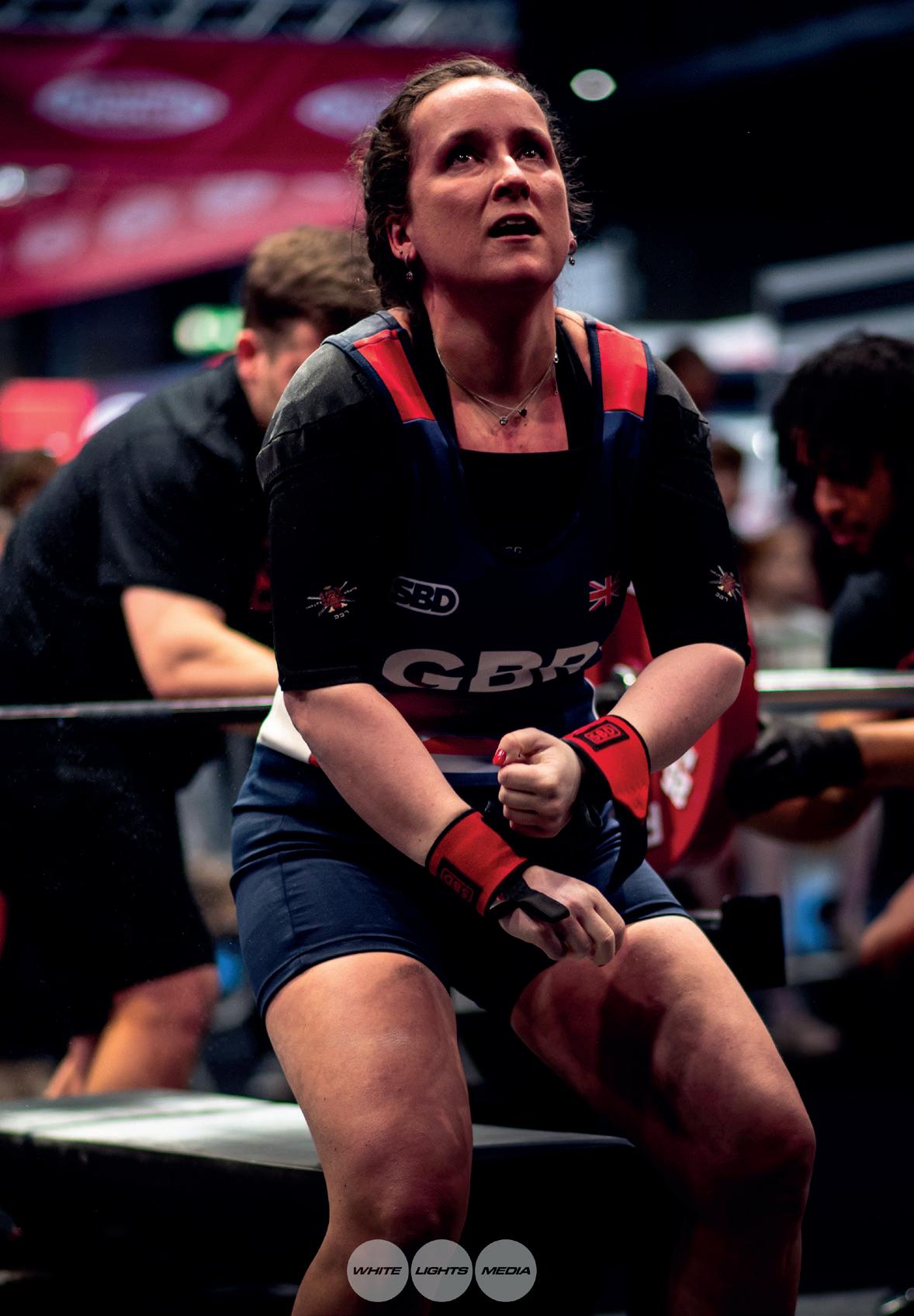
So you obviously have some exciting competitions coming up, but are there any specific goals you’d like to achieve next?
I currently do have a commonwealth record. So it’s trying to progress that record and to get some of the other achievements.
Last year at Worlds, I went up a weight category and actually got on the podium – I placed third in the under 84 weight category. That’s the first time I’ve ever been on the podium and it felt great. I’d love to be able to achieve that in my weight category (under 76) at some point. But I’m looking at probably having to lift somewhere in the region of 180-190 kilos in order to get a place on the podium in Texas! So that’s the current weight I’m working towards.
Any advice you’d like to give for staff who want to get into weights?
I’d say don’t be scared to go to the gym. A lot of women can feel apprehensive about starting, but everyone starts somewhere.
I started by lifting just the barbell, 20 kilos on a bench press, and now I’ve done seven times that! So start simple. You can start with the dumbbells and progress your weight up gradually.
It’s never too late to start. There are women anywhere from 14 to 70+ years who compete.
But it’s all about having fun and you can do it just for your health, wellbeing and fitness without getting involved in the competitive side like myself.
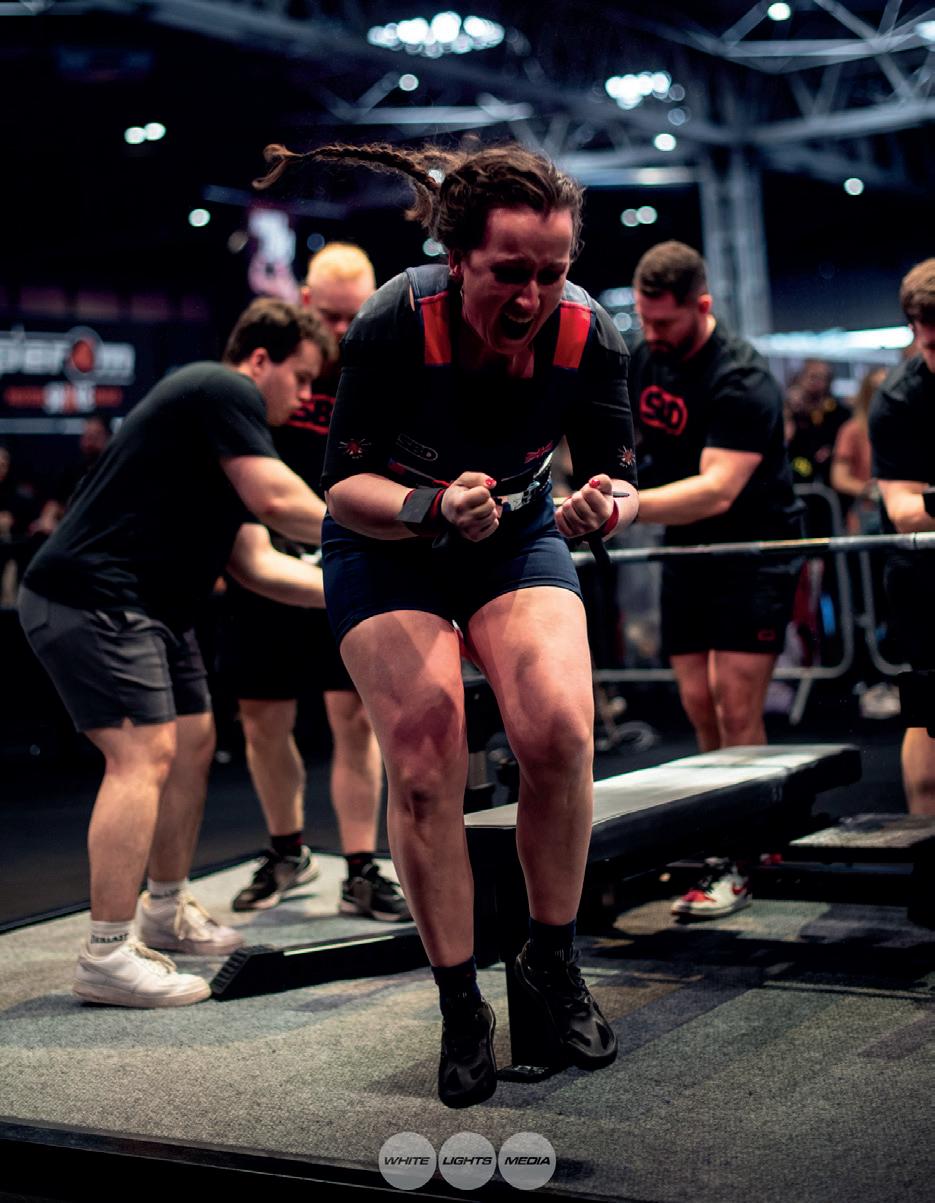
Menopausal women are reported as the fastest growing workforce demographic in the UK.
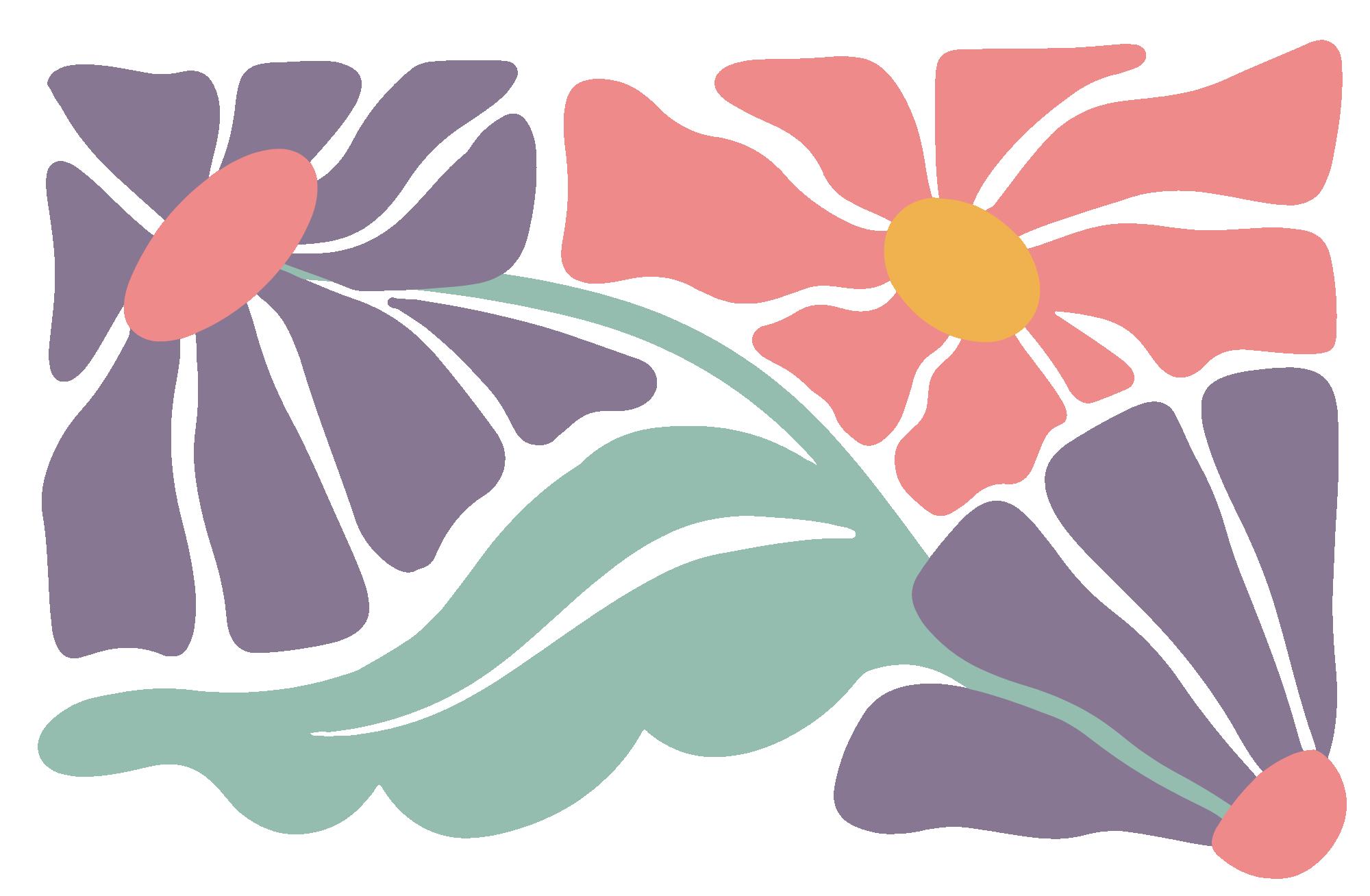
Menopause can cause a wide range of physical and psychological symptoms that can last for several years. Most menopausal people experience symptoms to varying degrees and can last for several years.
For over two years, Julia Frost and Sharon Ollivier, menopause leads at South Tees Hospitals have been raising awareness across the organisation, helping women to feel empowered as they navigate through the menopause. Their work has given staff a safe space to talk and helped the Trust become recognised as an accredited menopause friendly employer.
And over at North Tees and Hartlepool, health and wellbeing advisor Helen Waller is making strides in increasing awareness of menopause in the workplace and developing the support available.
Helen has been working closely with staff across the organisation to shape the Trust’s approach to menopause to ensure that colleagues are getting the support that they need, when they need.
We sat down with Julia, Sharon and Helen to chat about all things menopause…
Why is it so important to raise menopause awareness?
Helen: At North Tees and Hartlepool, we have over 1,000 female employees between the ages of 45 to 55 – the recognised age when women usually experience menopausal symptoms. And that’s not taking into account our employees who may go through premature or early menopause.
“Everybody’s menopause journey is different so it’s important that we provide individualised wellbeing conversations for staff.”
Recent research reported that 1 in 6 people have considered leaving work due to a lack of support so we don’t want our staff to suffer in silence – there’s a social responsibility, business ethic and legalities behind the reasons why we do what we do.
Julia and Sharon: Menopause is something that we all need to understand, a subject we should all feel comfortable discussing at work.
The more awareness we have the better we can support our colleagues, friends and family.
What training courses are available?
Julia and Sharon: At South Tees, we have a wide range of training courses and support groups available to ensure that everyone has access to the best advice to support themselves or someone experiencing symptoms, both at work and home.
Women going through the menopause can access our twohour woman-o-pause support groups to talk about how they are coping with the menopause and receive expert advice on diet, exercise, sleep, and alternative therapies from our trained guest speakers.
We host two-hour awareness sessions for all staff monthly and run bi-monthly sessions for managers under management essentials to help them have those supportive conversations.
Helen: At North Tees and Hartlepool, we offer training to become a menopause ambassador so you can provide support to your colleagues. You’d be part of a supportive network who receives updates and access to more training. Menopause in the workplace is a topic on our regular managers’ training days so they can learn more about how to support their teams.
We also have a menopause awareness e-learning module on ESR and I can attend team meetings for face-to-face awareness sessions as well – just get in touch with me.
What other support can staff access?
Julia and Sharon: Everybody’s menopause journey is different so it’s important that we provide individualised wellbeing conversations for staff. Our menopause champions provide a safe space and help women openly talk about their symptoms and experiences so they can signpost to the most appropriate resources. Staff have access to lots of health and wellbeing resources including menopause symptom checkers, advice on how to talk about the menopause, diet and exercise fact sheets, sleep support and awareness videos.
Helen: Our menopause policy contains a menopause support assessment form to help with having structured conversations about what kind of support colleagues need in the workplace.

We host monthly menopause support groups at both Hartlepool and North Tees (and virtually sometimes too). These are open forums for people to get group support from one another, wellbeing advice from our guest speakers and information about training within the Trust. We’re also currently exploring options to continue our offer to staff with Alice House Hospice’s menopause holistic support programme.
Can you provide one top tip for women going through the menopause?
Helen: Please don’t struggle on with symptoms which are affecting your quality of life. Get the help and support you need – it is out there.
Julia and Sharon: Speak to your GP if you are concerned. You can print a copy of the symptom checker before your appointment and take along any questions or concerns that you may have. You can also ask for a full health check to rule out any other underlying health conditions.
South Tees
Sharon Ollivier: sharon.ollivier@nhs.net
Julia Frost: julia.frost@nhs.net
North Tees and Hartlepool
Helen Waller: nth-tr.occhealth-hwsupport@nhs.net


47-year-old Sarah Taylor, an ICT applications team leader at North Tees and Hartlepool, loved swimming as a child. As she grew up and life began to take over, she realised how much she missed the sport in her 30s.
Eager to get back into the swing of it, she joined a Masters swimming club and has since been up and down the UK taking part in competitions.
We sat down with Sarah in Tees Restaurant recently to find out a little more…
Tell us a little bit more about how you got back into swimming
I always swam as a kid and I loved it, but as I became a late teenager and started picking up part-time jobs, it just died out a bit.
Everybody knows that there’s swimming clubs for children and teenagers but I don’t think a lot of people realise that there are adult swimming clubs as well. And that’s what Masters swimming is – it’s essentially swimming for over 18s. So when I was about 30, my children joined a swimming club and I decided to try and get back into it.
I joined Eston Swimming Club, which is the same club I used to go to when I was younger and some of the group were people who I swam with as children. I’ve moved round a few clubs since then but have been swimming ever since – and now competitively as well. We train up to nine sessions a week at various times, and compete in Masters swimming galas all around the country.
Recently, a few of us went down to Swansea to compete at the British Masters Championships 2024. Four world records were broken, 12 European and 49 British records were broken. And I came away with a silver medal and two bronze in 800m freestyle, 400m individual medley and 200m backstroke.
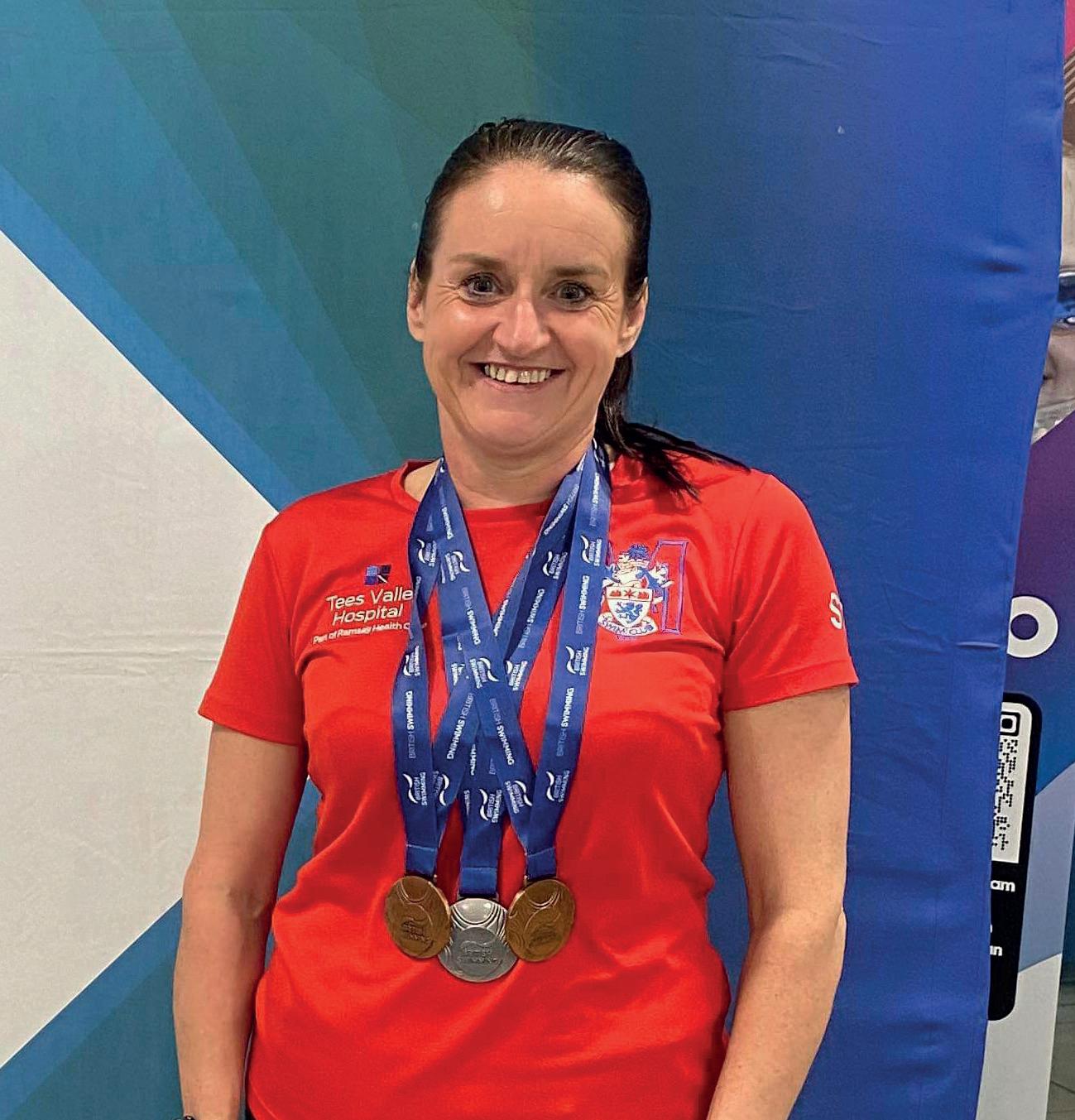
In the summer, we also do open water swimming either in the River Tees or a few nearby lakes. In 2020, while the pools were shut due to Covid, we covered 250k in the Tees alone.
What do you love about it? What keeps you going back?
The peace when your head’s in water is like nothing else. It’s a bit of me-time to relax and get away. But for me, it’s always primarily been a form of exercise. I do a lot of other things – I run, I do aquathon, circuits – but swimming is my favourite.
I love that it’s for everyone, it’s such a supportive environment. We have people from all ages and abilities at our club – we’ve got a man who’s blind, we’ve got people in their 20s right up to a gentleman in his late 70s who swims with us for the social aspect. At the competitions, there’s usually a lady in her 90s who takes part, and at that age they’re breaking world records.
It’s absolutely brilliant to see them still doing it and I find it fascinating. It just goes to show that people are able to do sport for longer and longer. Nobody care what you look like, nobody cares how fast you go – it’s all about you just wanting to be there in the moment doing it.
So, how can people get involved?
Read more, find a pool near you that does Masters swimming and just get in touch. Billingham, Middlesbrough and Eston pools all do Masters.
Most importantly, come into it with an open mind. And don’t ever think that you’re not good enough or too old because there are people of all abilities doing it. It’s amazing to see how quick new members get up to speed and seeing their confidence grow. My ability isn’t amazing – and I walked away with three medals.
To find out more about masters swimming and to find a club near you, visit: www.swimming.org/masters


Break out of the weekly routine, visit the eco shop and cook a three-course meal for just £2.
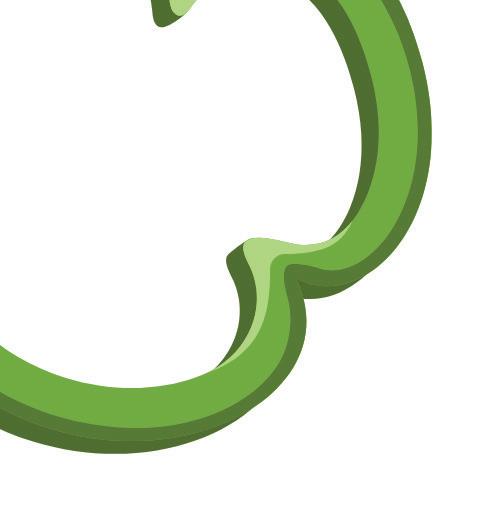
From chicken in white wine and hasselback potatoes to salted caramel ice cream, the dietetics team from South Tees have been cooking up a storm in the kitchen after visiting the eco shop on site and are encouraging you to join in the #ReadySteadyEcoCook challenge.
Daniel Booth, Deborah Green and Nazleen Ishaq visited the eco shop at James Cook and selected 10 items of high-quality tins, cans and packets of food that would have usually gone to landfill. They challenged themselves to create a delicious meal for their families for just £2, with the help of a few pantry staples including salt, pepper, cheese, flour, garlic, tomato, and onions.
They were so impressed with their meals – which included Korean BBQ couscous and cauliflower and potato curry – that they shared the concept with their dietetic colleagues across the Trust. Shortly after, the ready steady eco-cook challenge was born.
Nazleen Ishaq, nutrition co-ordinator, said: “Ready steady eco-cook is something everyone can get involved with. The eco shops at James Cook and the Friarage are open to all staff but until we started the challenge, many people weren’t aware that they existed or that you could select your own items from the shelves.

1. Pop along to the eco shops at either James Cook or the Friarage and select 10 items for just £2. Don’t forget to take your own re-usable bag.

2. Head to the kitchen and get cooking!
3. Share your masterpieces on the South Tees staff Facebook group and use the hashtag #ReadySteadyEcoCook
The Friarage: open every Monday at 11am, located next to the Friends of the Friarage shop.
James Cook: open every Tuesday between 11am and 11.30am, located in Volunteer’s Coffee Lounge.
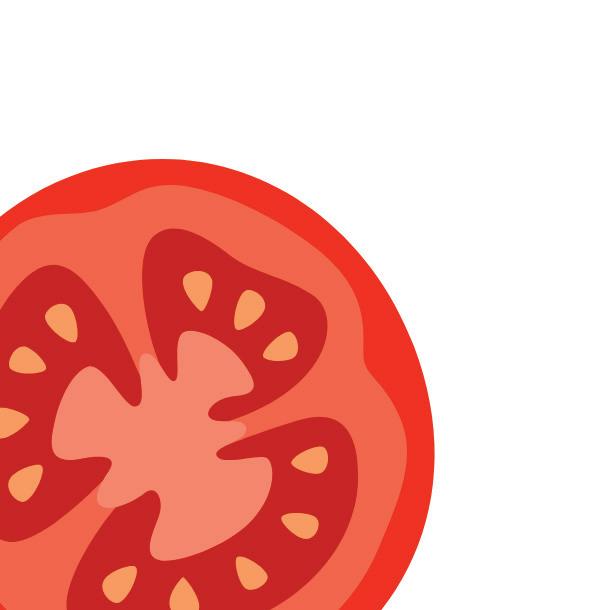
“We have received some fantastic feedback from those who have tried the challenge, with many telling us how much it has helped them to break out of their usual weekly meal routine and try something new.
“It has given people something different from the norm with many sharing recipe ideas and inspiration with each other. It’s a fantastic morale booster for staff and I’m looking forward to seeing more people get involved and expanding the #ReadySteadyEcoCook community.”
• Chicken in white wine and mushroom sauce
• Hasselback potatoes with a sour cream and chive dip
• Cheesy Doritos
• Salted caramel oat ice cream
• Korean BBQ couscous
• Nacho chaat
• Mashed turnip curry
• Cauliflower and potato curry
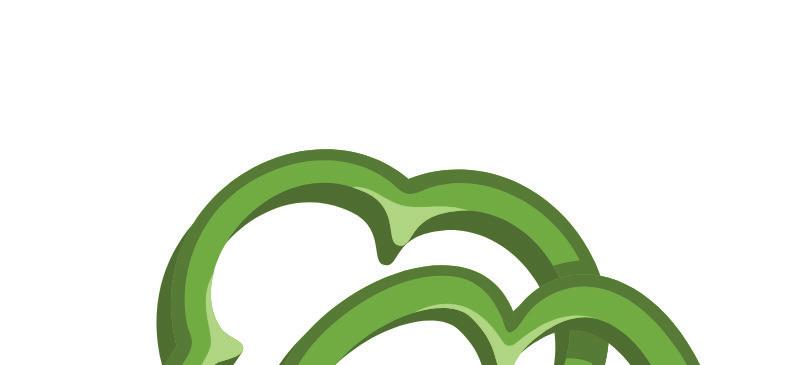
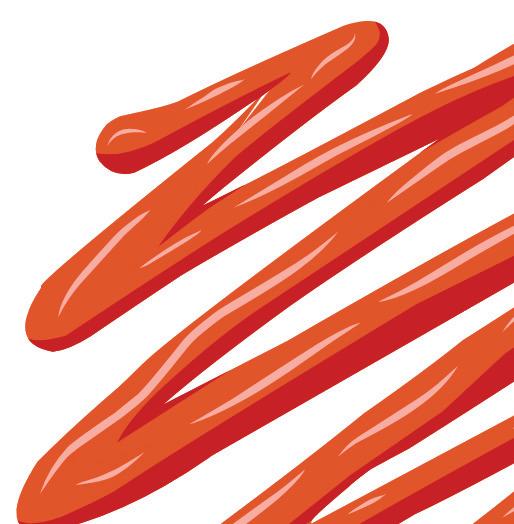
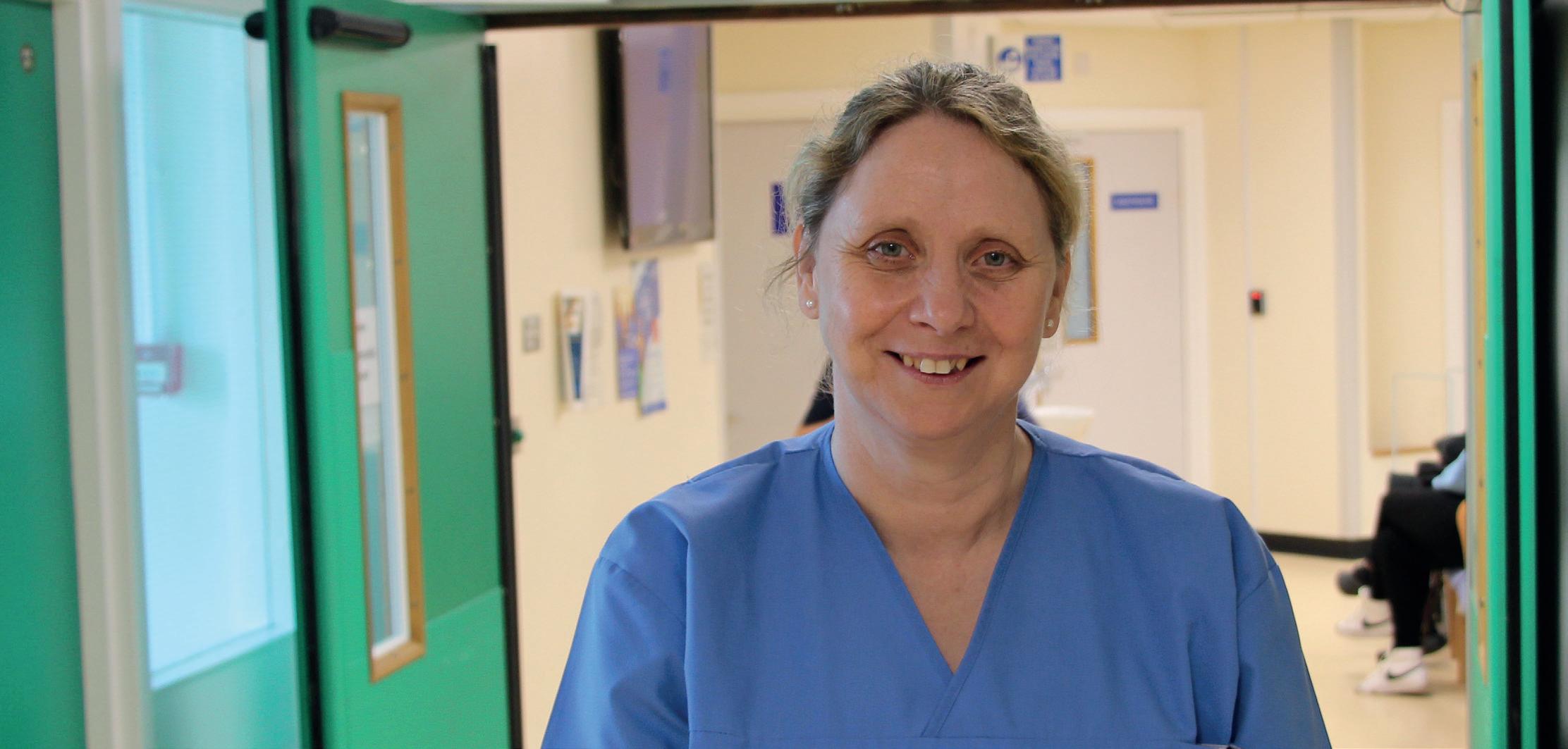
Stepping into the realm of registered nursing, freshly armed with my adult nursing qualification has no doubt been exciting. The transition from student to professional life is daunting for most but, as an autistic woman, this journey is compounded by layers of complexity that are invisible to most looking on.
The essence of nursing is deeply rooted in human connection, requiring a blend of empathy, communication, and unwavering dedication. Whilst I feel these are qualities I possess, they come at a significant personal cost due to my autism.
The persistent demand for social interaction, a cornerstone of the healthcare environment, depletes my energy reserves, leaving me at times fighting a sense of overwhelm, not experienced since my secondary school days.
The irony of my situation is palpable. I clearly exhibit no outward signs of distress and am assured of my professional competence, and I have only ever been included and made to feel genuinely welcome by my work team on the surgical decisions unit. However, as an autistic woman, at times I’ve found myself feeling very much as I did when I retreated from school – a way of dealing with the social struggles of that environment.
Yet, the stakes are higher now. The luxury of withdrawal is no longer an option, or one I want to take. I have worked too hard to get where I am and despite my ‘differences’, I love nursing.
My constant internal struggles are at odds with my external achievements and paint a vivid picture of the silent battles fought by autistic individuals, particularly women, who often mask their challenges to conform to societal norms. This mask, while protective, can take a heavy toll on mental and physical health. Therefore, as an autistic professional it is imperative to find a balance between professional duties and personal wellbeing.
“I think it’s a misconception that autistic people aren’t empathetic but, if anything, we feel too much.”
The pursuit of a master’s degree has no doubt added another layer of complexity to my life work balance but is something I very much enjoy – representing my passion for lifelong learning and my dedication to the field of public health and nursing. It’s a comforting reminder of why I embarked on my nursing journey.
The unique challenges that come with being an autistic woman may make social interaction difficult for me but also contribute to my strengths as a nurse and a student – my attention to detail, my ability to focus intensely on complex tasks, and my empathetic connection to patients who themselves might feel isolated by their experiences. I think it’s a misconception that autistic people aren’t empathetic but, if anything, we feel too much. We’re overly empathetic, we take it home, we worry – I think it’s a strength in this role.
I genuinely believe that within my role as a nurse, my openness about being autistic brings a strength in vulnerability and a power in authenticity.
1
. Where possible, find a quiet space for breaks

2
. Be honest with those around you about your needs


3
. Find somebody you trust who can advocate for you


We are so lucky in this area to have access to the coast, countryside and some wonderful towns and cities.
Some of us will remember a few years ago a country pub called “The Black Bull” in Moulton, near Scotch Corner. It used to have an historic railway carriage where you could dine.
Needless to say, I thought of giving it another try and was pleasantly surprised to find the pub had changed completely. Gone is the railway carriage, this has been replaced with a beautifully built restaurant with a traditional bar in the old building. The real fires were lit when we visited – very cosy.
The menus have a wide range of food available – vegan, vegetarian and a host of locally sourced meat for any type of dish your party might want. Spoilt for choice is an understatement.
We opted for the sea bass on a bed of potatoes and a traditional steak and homemade burger in a brioche toasted bun with chips (my choice).
Occupational health:
North Tees and Hartlepool 01642 282482
South Tees Hospitals 01642 383211
Ability staff network:
North Tees and Hartlepool nth-tr.staffnetworks@nhs.net
South Tees Hospitals stees.learningdisability@nhs.net
Access to Work www.gov.uk/access-to-work
National Autism Society www.autism.org.uk
SUNNO sunn10.wordpress.com
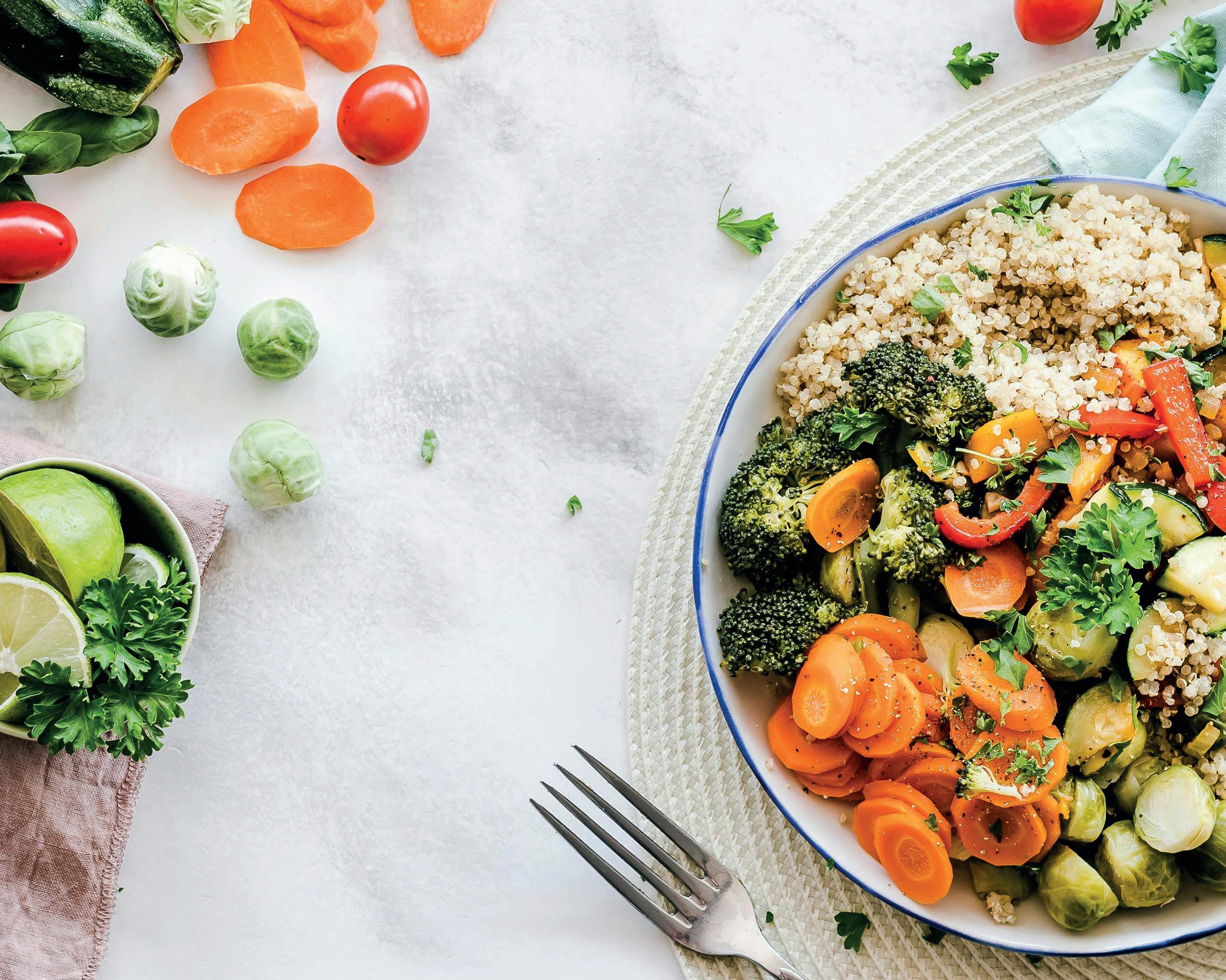

The sea bass was absolutely delicious, light and delicate with some fabulous complex flavours. The burger was of excellent quality and was superb – tender cooked to preference and full of flavour. We will definitely be going back for another treat. I found the two courses we had to be very reasonably priced.
Service was polite and efficient with the wait staff being attentive and courteous at all times. We were made to feel very welcome.
On another note, driving across to Moulton is a treat every single time, some wonderful scenery. And in the last 20 years I have travelled that road, I have never seen the hidden church in one of the fields – can you see it from a long sweeping turn on the B1263 back road to Scorton Village?
Oh, and get yourself some fresh milk on the long straight near Scorton – delicious!
Highly recommended, you won’t be disappointed.
Spending time in green spaces has been shown to make us feel better and improve our mental health.
Engaging with outdoor activities such as walking and gardening reduces stress, provides sensory stimulation and proves to be a valuable coping mechanism. But outdoor activities also improve physical health, such as increased mobility, strength and coordination – which can be particularly beneficial to people with co-occurring physical conditions.
The North Tees Kaleidostroke Therapy Garden, opening soon, will form part of the stroke unit at the University Hospital of North Tees. With specialist equipment, walking facilities and learning activities, it aims to improve physical and cognitive patient rehabilitation, provides holistic therapy and allow patients to regain their independence. It also homes plants which patients and staff can tend to themselves, with hopes of embedding fruit and veggies in the future.
Staff from across the Trust and local Starbucks franchises came together this spring to add the final touches to the garden. They spent a day planting trees and plants in the garden to really bring it to life.
This project has been driven by Chris Lawson, a specialised therapy assistant who has since retired from her role at the Trust. Although retired, Chris is still actively involved in the garden.

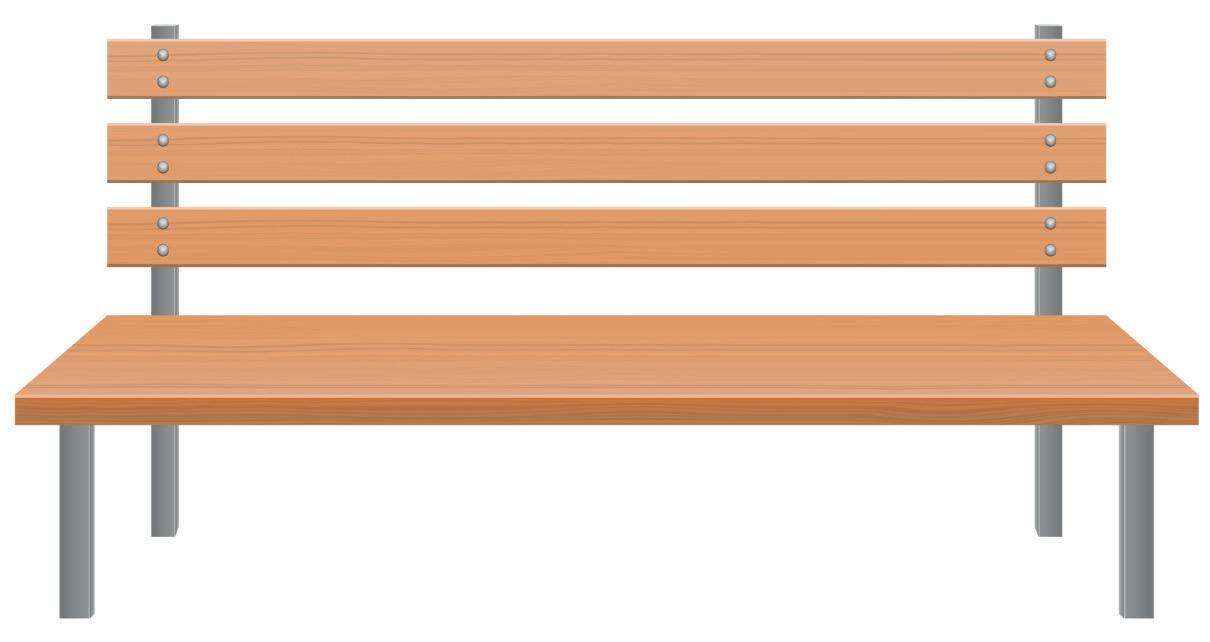
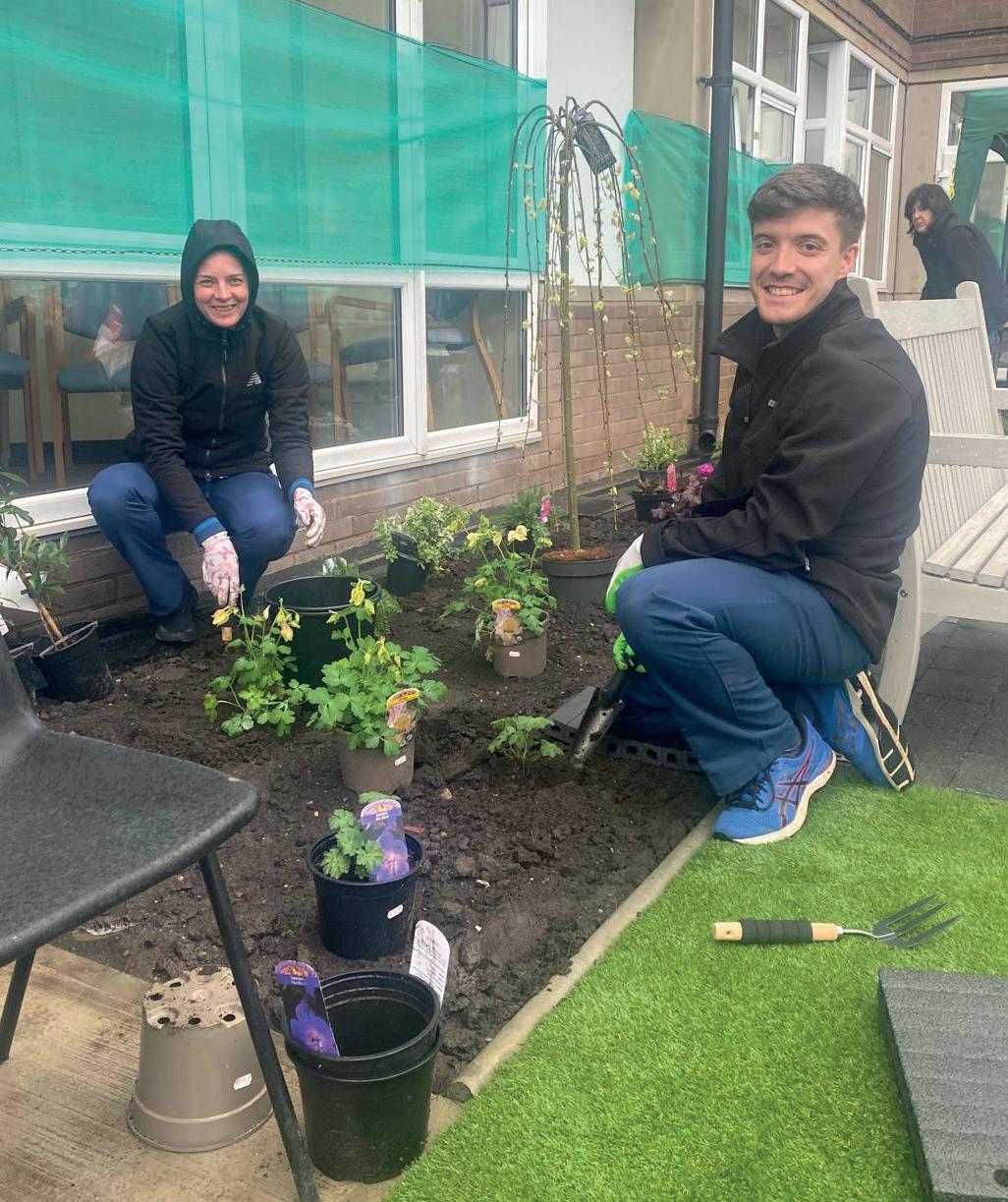
She said: “There’s only so much of a ceiling or wall that patients can look at. Going through that garden gate will make all the difference to mental wellness and physical health. And not just for patients, but for those visiting their loved ones in hospital as well, especially younger children. My hope is that staff will get that feel good factor as well.
“I can’t thank everyone who’s been involved in this enough. And I hope that when the garden’s ready, the patients will love it just as much as I already do.”
The garden has been designed to actively engage patients in one-on-one therapy sessions as well as group therapy sessions, including speech and language, physiotherapy, occupational therapy and psychology. It also boasts rest and relaxation areas so that patients can enjoy time away from the clinical ward with their visitors.
And the area isn’t just for hospital inpatients. When the garden isn’t being used for therapy sessions, it will provide a welcoming green space where discharged and community patients can make use of the provisions and get back to nature.
The garden was funded through the Greener Communities Fund. The fund is administered by NHS Charities Together in partnership with Starbucks and environmental charity, Hubbub.
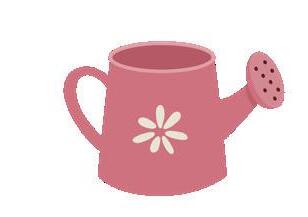

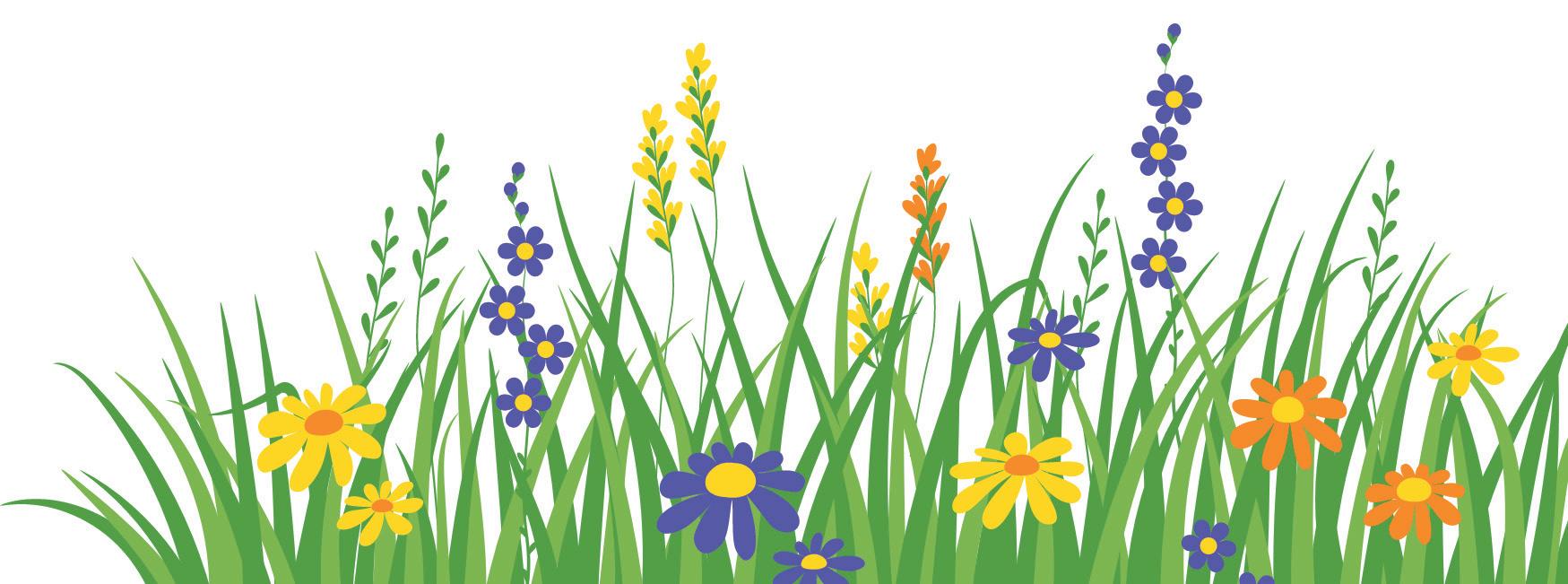
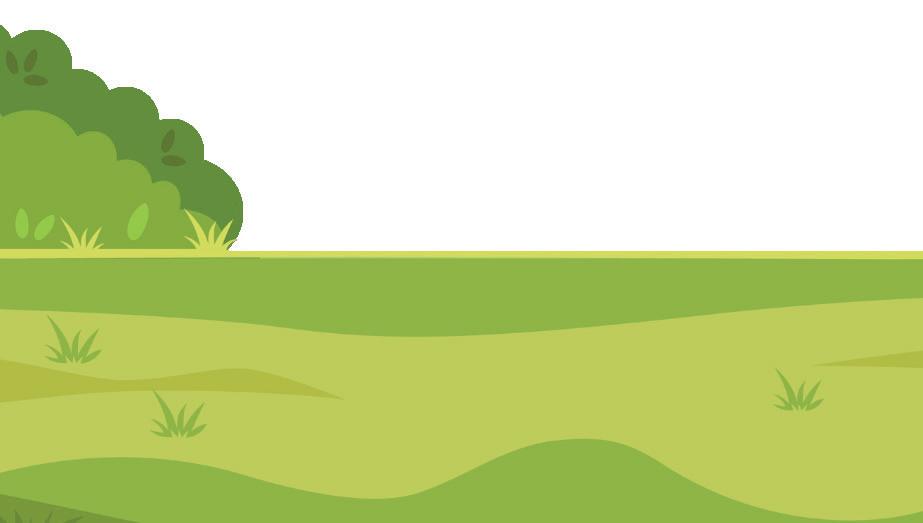

When three teams merged to form the same day emergency care (SDEC) unit at James Cook so did their shared passion for growing fruit, vegetables and flowers. With the help of Charlie Jones, professional nurse advocate for the department, the SDEC gardening gems group was born.
From their Veggie Hall of Fame awards to their green for well-bean trolleys, the gardening gems have become famous amongst staff and patients. We stopped by the department to see their gardening wall of fame and to catch up with Charlie, who couldn’t wait to tell us more…
Where did the idea for SDEC gardening gems come from?
I noticed there was a common bond and interest in gardening across the team and that planting dos and don’ts were soon becoming the hot topic of conversation in the staff room. With help from my colleague Vicky, we set up a WhatsApp group and anyone with an interest in gardening could join. It originally started with six people but now has 33 enthusiastic gardeners, ranging from beginners to expert courgette growers.

What are the benefits to staff wellbeing?

Growing something from a seed or small plant is so beneficial for mindfulness, whether it’s indoors or outdoors, a small herb garden or a huge fruit tree. Gardening is so important for healing, recovery, mental and physical health. We’ve had so many stories to tell, from Lisa celebrating her first allotment to Wendy’s greenhouse blowing away or when Kim thought she was growing a beetroot, but it turned out to be weeds. It’s a safe place where all staff can contribute and feel valued – our community is all about sharing and encouraging each other.
What have the gardening gems been up to?
We had our first ‘Veggie Hall of Fame’ awards with staff receiving certificates for most innovative gardener, best pumpkins and youngest gardener. The gardening bug has also spread to our patients – with one bringing in sunflower seeds for us to plant, inspiring our first sunflower competition in 2023. The same patient returned to us this year with more seeds.
What has been your own gardening highlight?
Creating the ‘green for your well-bean’ trolley with my daughter, which is filled with gifts for colleagues to encourage self-care, growth, and health. They could take seeds to grow plants or a beauty facemask to relax. It was a very enriching experience in my career.


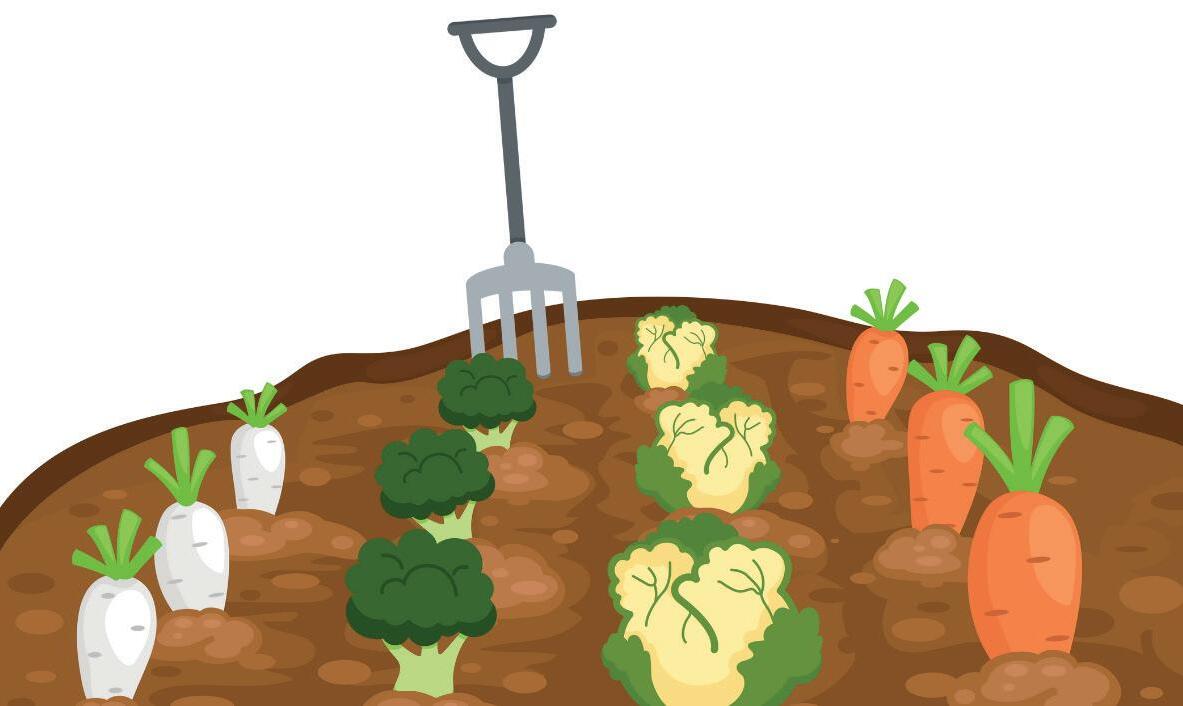
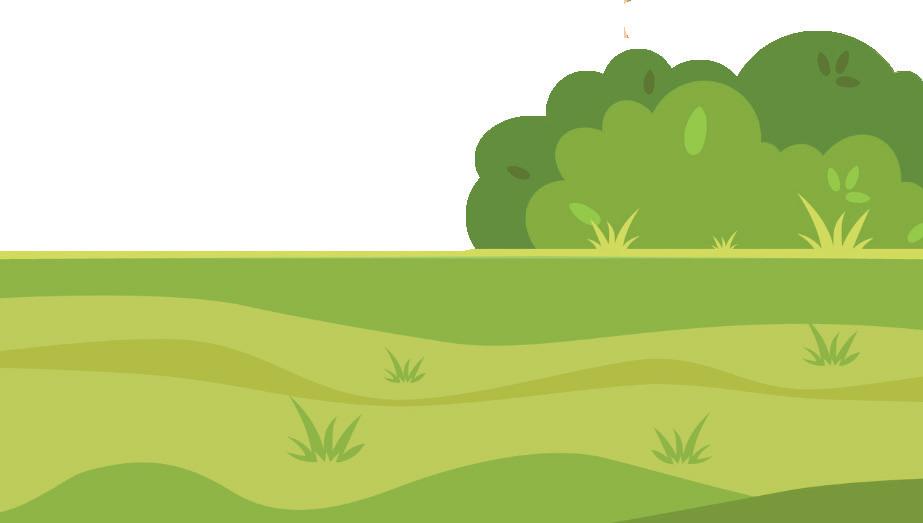
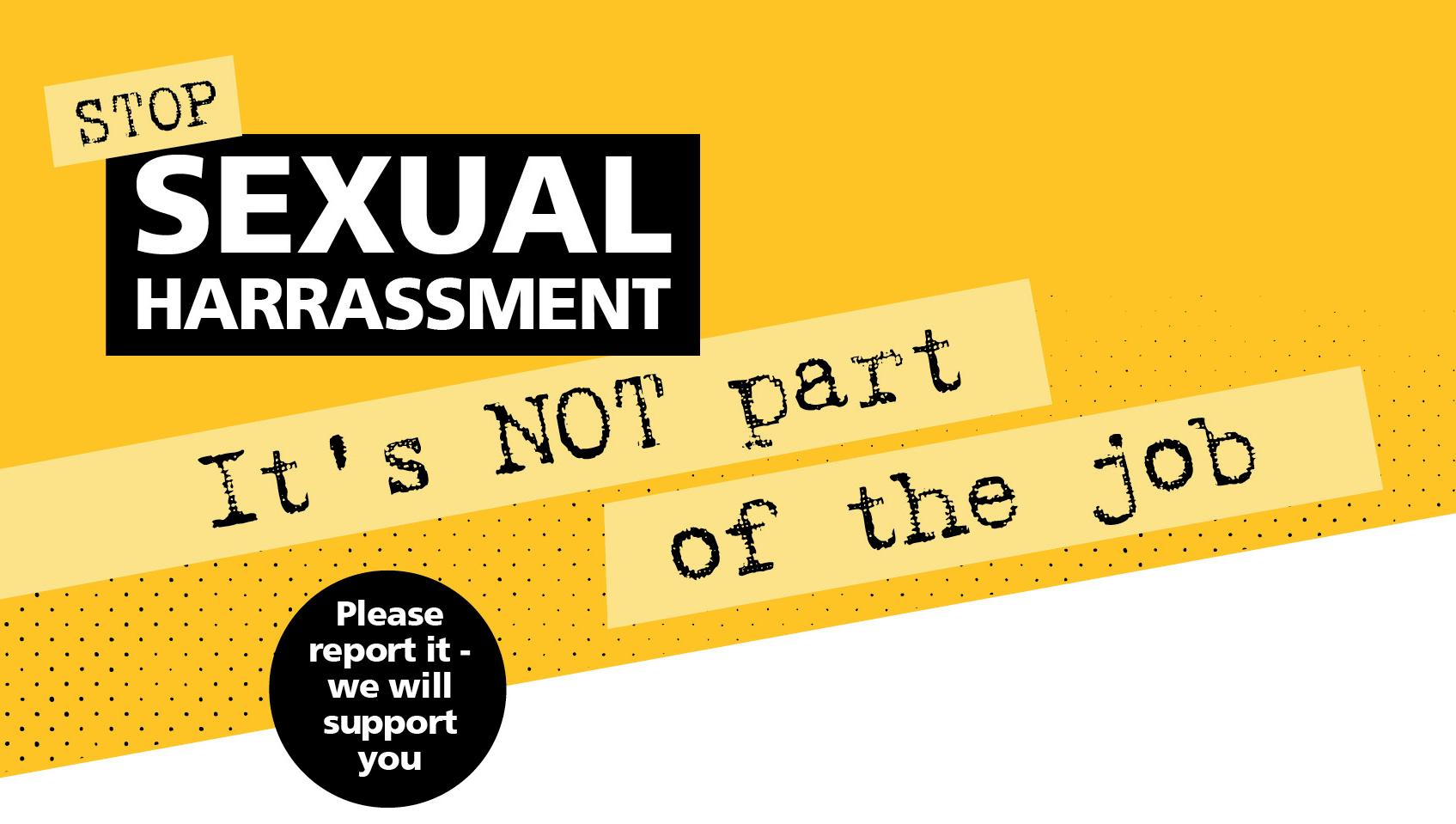
Everyone has the right to feel safe at work, and we want to provide a safe and supportive environment for all.
Sexual safety transgresses all genders and demographics and it’s so important that we create a workplace culture where sexual misconduct is never ok. Every person working, training and learning within the NHS has the right to feel secure at work.
Both South Tees Hospitals and North Tees and Hartlepool trusts are signatories to the NHS Sexual Safety. This means we have committed to taking and enforcing a zero-tolerance approach to any unwanted, inappropriate or harmful sexual behaviours within our workplace.
We need your help in creating a culture that supports and protects every one of our colleagues.
If you witness or experience sexual harassment whilst at work, please act and report it. We are here to support you and please remember, #ItsNeverOK
North Tees and Hartlepool
Lisa Johnson, head of people services lisa.johnson64@nhs.net
Michelle Taylor, head of workforce planning, quality and projects michelle.taylor57@nhs.net
Jules Huggan, freedom to speak up guardian nth-tr.freedomtospeakup@nhs.net
Kathy Fitzwater, named nurse for adult safeguarding kathleen.fitzwater@nhs.net
South Tees Hospitals
Jane Herdman, head of operational human resources jane.herdman@nhs.net
Barbara Hislop, head of people experience barbara.hislop@nhs.net
Lindsay Britton-Robertson, assistant chief nurse for safeguarding lbritton-robertson@nhs.net
External support
ACAS helpline 0300 123 1100
Find an NHS Sexual Assault Referral Centre:

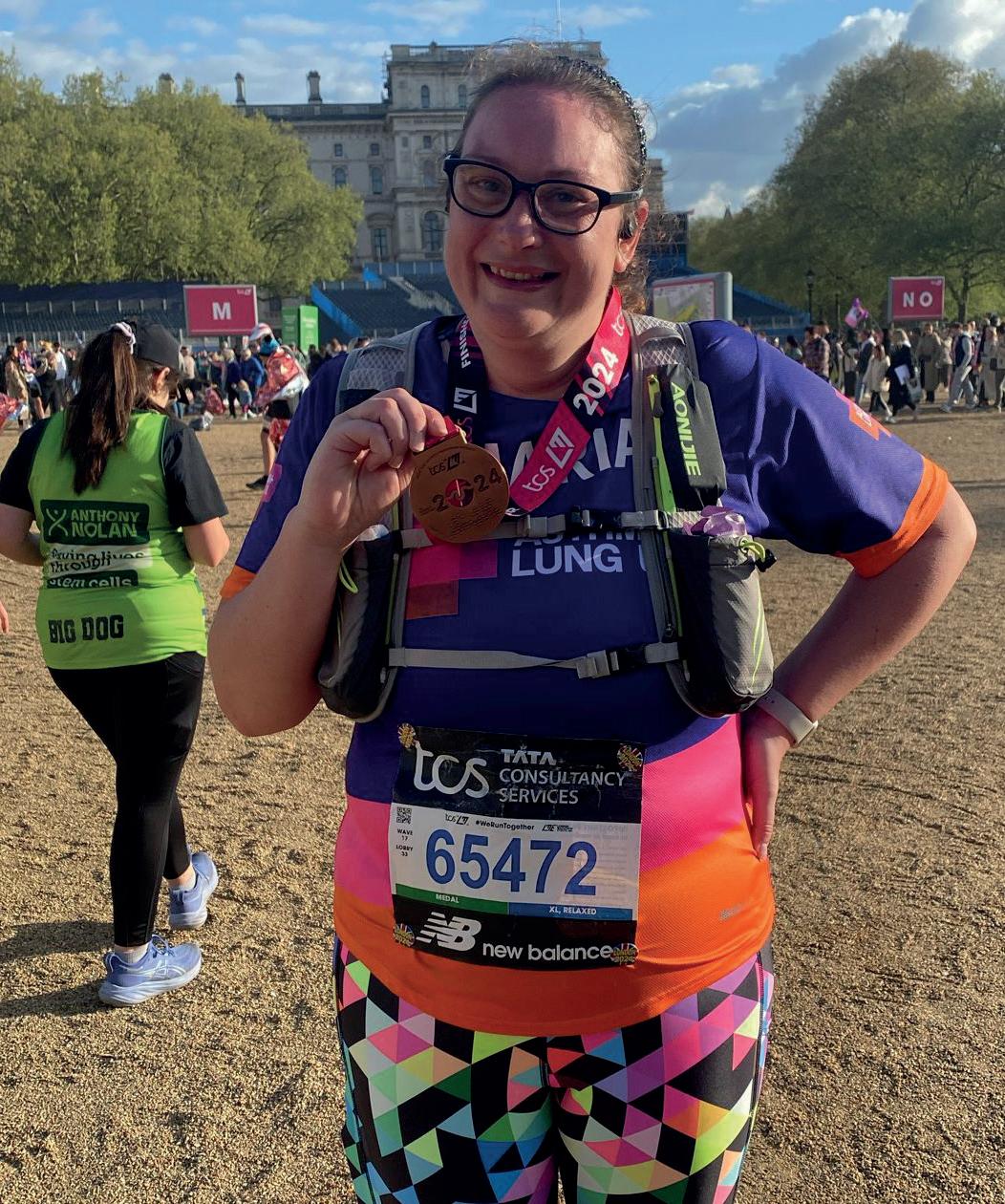

A ward matron from North Tees and Hartlepool NHS Foundation Trust has shared her overwhelmingly positive experience of running in the London Marathon - after falling in love with the hobby just five years ago.
Maria Lawson, completed the marathon in April after unexpectedly winning a charity spot to run for ‘Team Breathe’ – as part of Asthma and Lung UK. The self-initiated challenge saw her raise £2,368 for an excellent cause.
What made you want to run the marathon?
I’ve always set myself challenges – whether career or personally and decided I would just apply and give it a go. I had to put a resume together and it was tough to get in – but I was thrilled to find that I’d been awarded a place!
Tell us about the day:
It was an unbelievable day. I’d gone down with my mum, husband and son, but was running on my own.
I would definitely class myself more as a plodder. Running for me has never been about pace or setting a specific time, but about setting myself challenges to accomplish. But I was determined to complete this one.
Right from the start to the very finish, the day was amazing. The atmosphere alone was incredible – you had people and things to see around every corner. People were playing trombones while running, some wearing costumes, comradery and kindness were the order of the day. It was like being part of a big party.
My family had a big inflatable banana so I could find them and it was very emotional being able to pick them out of a huge crowd and being able to run over at Tower Bridge and the Mall for a hug.
It all went by in a whirlwind and we had to get the train back up straight afterwards as my son had school the next day – but I’ve already popped my name down on the off chance I’m lucky enough to get a place again. I loved every step and I smiled the whole way around – I’d recommend the experience to anyone.
What was the main challenge on the day?
Definitely mile 24 when that little running wall came and I had to battle my fatigue for half a mile. Then relief when I realised I only needed to run around the corner and I’d have completed it.
How did you feel when you’d finished?
I cried like a baby – it was completely overwhelming. All that training from December through the cold and the rain. I don’t class myself as an athlete and I’m not built for running but I did it! I was ELATED.
Your favourite part of the day?
Definitely the general build up and overwhelming experience of being a part of something so huge. Thinking ‘I can’t believe I’m here’ when you’re running across Tower Bridge. Amazing.
How has running and preparing for the marathon helped with your physical and mental wellbeing?
Running keeps me level – it’s my get out of jail card to go for a run with a friend and to decompress from a stressful day at work.
Anything else to add?
The medal is SUPER HEAVY! I brought it in to work to show colleagues and patients who had kindly donated.
Though on a very important note – I have to say a huge THANK YOU to everyone who sponsored me – North Tees and Hartlepool has been my home for 21 years and everyone has been an amazing support throughout this experience!
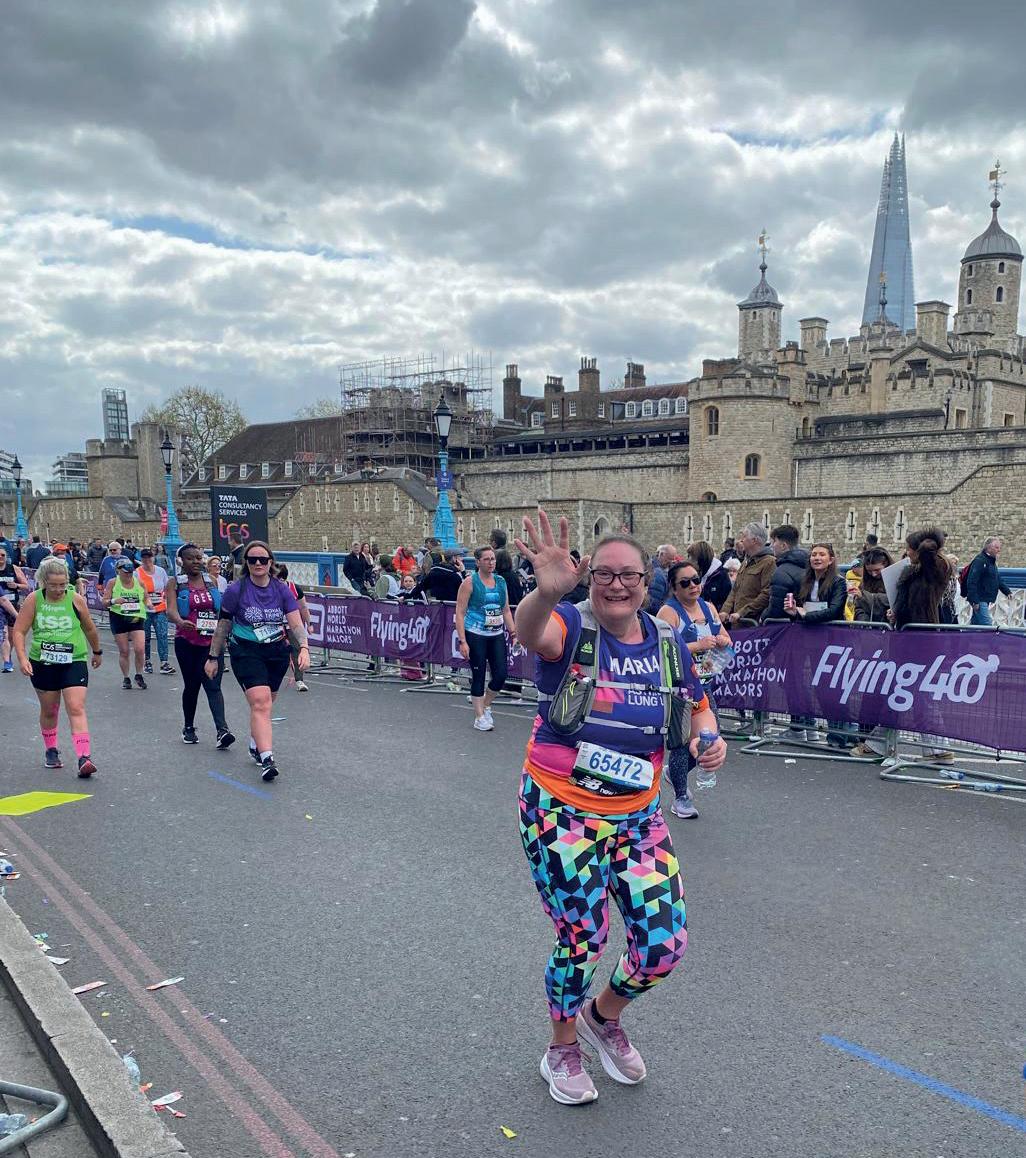

Suzi Campbell, fundraising coordinator for North Tees and Hartlepool Together and Lisa Meehan, fundraising manager at Our Hospitals Charity
North Tees and Hartlepool and South Tees Hospitals are both hosting a number of bucket list-worthy walks this year to raise money for their respective charities.
Suzi Campbell, fundraising coordinator for North Tees and Hartlepool Together, and Lisa Meehan, fundraising manager at Our Hospitals Charity, are both walkaholics themselves. While Lisa enjoys the fresh breeze of a coastal walk, Suzi’s become an early riser – getting up at the crack of dawn most mornings for a trek to watch the sunrise.
Suzi: You don’t have to go far, and doing something is better than doing nothing. But for me, it’s such a magical feeling seeing an empty skyline to then watch the sun appear from what seems like nowhere. Often I’m on my own so I feel a sense of peace. The world is so quiet and I have a moment to just take it all in.
Any local areas in particular you’d recommend?

We sat down with Suzi and Lisa to get a little more insight into the benefits of walking and where you can enjoy a spectacular view while training for our upcoming charity events.
Suzi, Lisa, you’re both keen walkers – how did it start and why have you continued?
Suzi: I wasn’t always an early riser. If someone told me a few years ago I wouldn’t have believed them, but it all started when I changed my gym routine to mornings. I noticed the sun rising from the gym and it made me want to get out in nature and see it… not from the gym window.
I just feel very blessed to watch the sunrise each day and it reminds me to be grateful for the small things in life. It puts the biggest smile on my face and all of the endorphins that are being released as a result of exercising sets me up for the day ahead (as well as my coffee).
Lisa: I’ve always found walking so therapeutic. If I’m feeling a bit stressed or anxious, getting out for some fresh air and a lovely walk is always so helpful – and great for my health as well. I aim for 10k steps each day.
How does it feel reaching your destination?
Lisa: Each trip gives me a huge sense of pride – especially if it’s quite a distance or if I’m taking part in a fundraising walk.
Suzi: We are very lucky we live in such a beautiful part of the world. The headland in Hartlepool, Roseberry Topping and Penshaw Monument are some of my personal favourites.

But I would just encourage people to go to their favourite places in nature and watch the sunrise from there. If anyone has anywhere they like to go, I’d be keen to hear about it.
Lisa: I love coastal walks myself – my favourite being along the Cleveland Way from Saltburn to Whitby. It’s a fairly easy walk but has lovely areas to stop and take in the beautiful views.
1 JUNE
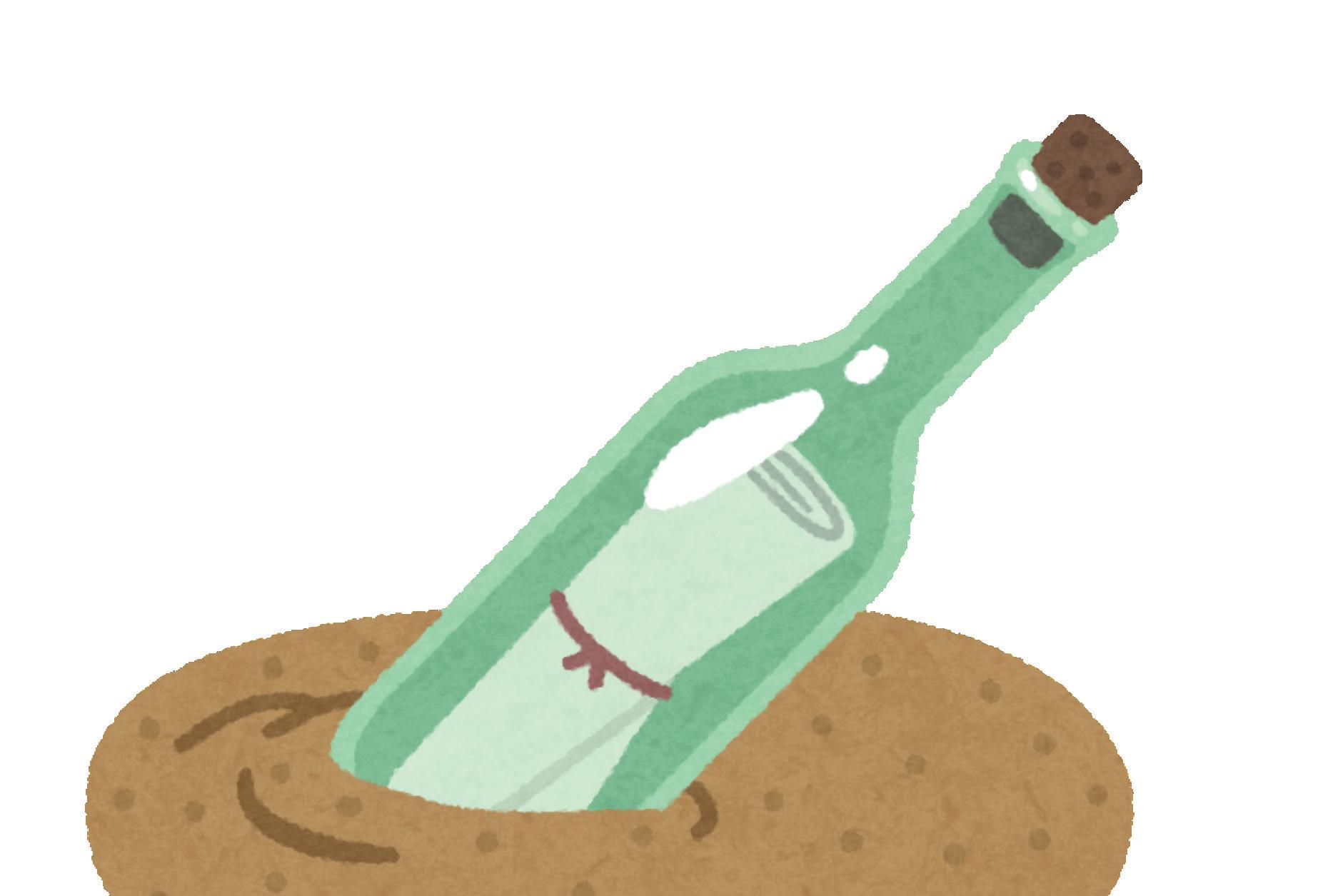
14 SEPTEMBER Friday 4 to Sunday 6 OCTOBER
If any of these events take your fancy or you would like to know pricing or any information on an event, please get in touch via the following contact details:
North Tees + Hartlepool Together fundraising coordinator Suzi Campbell on 07517 829331 or nth-tr.charity@nhs.net.
South Tees staff can contact Lisa Meehan at Our Hospitals Charity on 01642 854160 or OurHospitalsCharity@nhs.net.


Firefighters at Cleveland Fire Brigade teamed up with some of our midwives to complete a charity walk in a bid to raise money to redecorate our snowdrop suite.
The firefighters, from Thornaby Green Watch, and midwives trekked 52 miles – a staggering 106,390 steps – to visit fire stations across Cleveland throughout the day and into the night. Together they raised a fantastic £1,645.
Niki Taylor, firefighter from Thornaby Green Watch, said: “We just want to say a massive thank you to everyone involved, those that helped to organise, those that donated and those that kept us going along the way.
“The support was amazing from the start. Everyone who joined at various points throughout the day gave us another push and it was so lovely to meet everyone.
“A huge thank you to anyone who donated. It will make such a big difference to those families who need it.”
The money will be used to transform the snowdrop suite at the University Hospital of North Tees and make it a more comfortable environment for bereaved families on the maternity ward. The suite allows families to spend time and make precious memories with their baby for up to seven days.
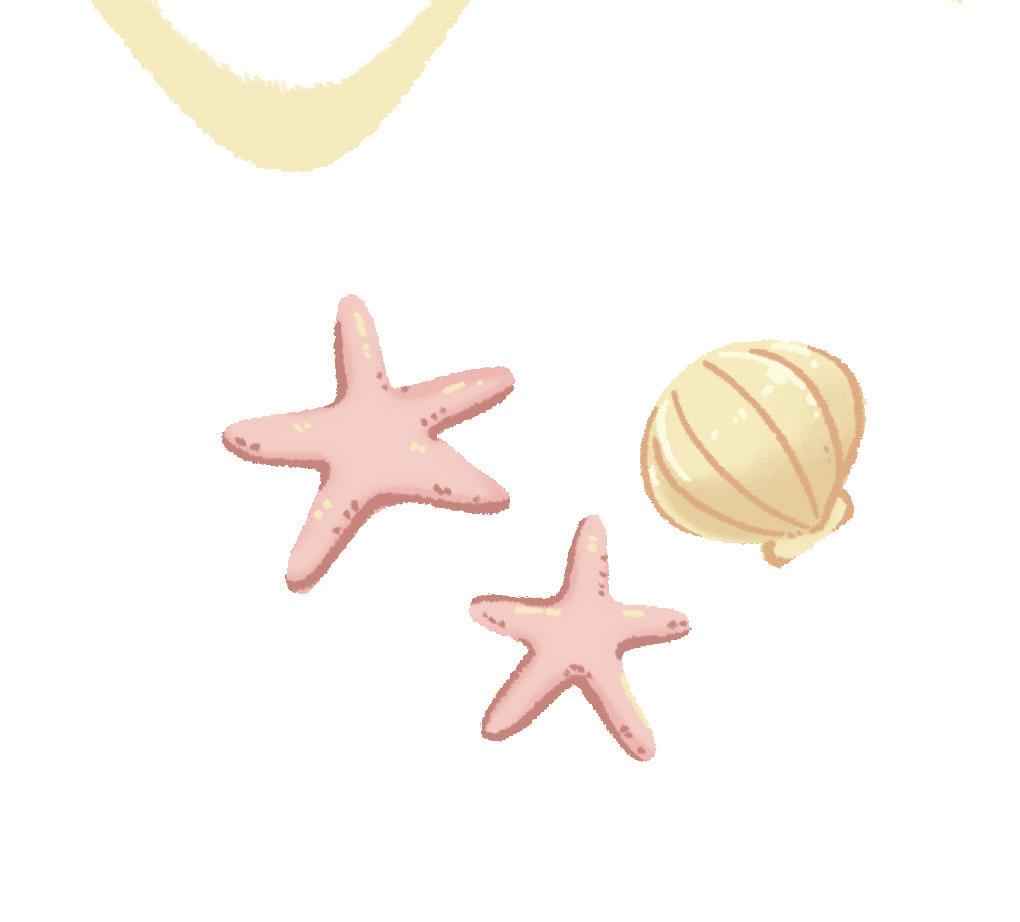
Laura Smith, specialist bereavement midwife, added: “Our charity walk in collaboration with members of the Cleveland Fire Service was a special coming together of like-minded, determined individuals with the intention of raising money to go towards the refurbishment of the snowdrop suite.
“We are extremely grateful to the firefighters, midwives, retired midwives, healthcare assistants and even the dogs who took on the gruelling challenge. It was a very special day that made us all get out in the sunshine, get some exercise, meet new people and enjoy ourselves.
“Work on the refurbishment will be commencing very soon and I know the changes made to the snowdrop suite will ensure families experiencing the heartbreak of late pregnancy loss have somewhere comfortable to stay.”


South Tees were awarded gold level in the North East Better Health at Work Awards for improving health and wellbeing for staff. They were recognised for being a menopause friendly accredited employer, improving catering for staff and hosting a calendar of health and wellbeing campaigns.


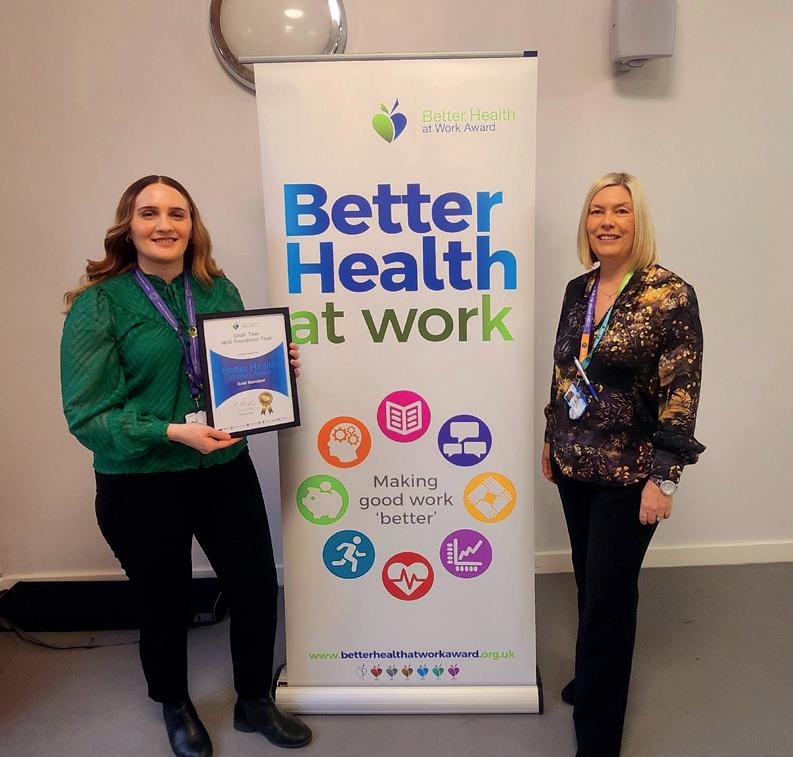
Somewhere over the rainbow – we love this colourful photo taken at the University Hospital of North Tees by John Blenkinsopp, clinical effectiveness lead analyst.
The South Tees neuro-oncology team invited staff to wear silly hats and throw wet sponges as part of Brain Tumour Research’s annual ‘Wear a Hat Day.’
The event was held in partnership with Our Hospitals Charity and helped to raise money for brain tumour support group, Grey Matters.

Staff at South Tees were invited to share the activities and hobbies that help them to destress whilst picking up some free resources as part of Stress Awareness Month.
A fond farewell to Debbie Elliott who retires from her role as librarian at North Tees and Hartlepool NHS Foundation Trust. A keen contributor to our Health and Wellbeing Magazine, Debbie has written a book review for every issue of the magazine since it began in 2021.



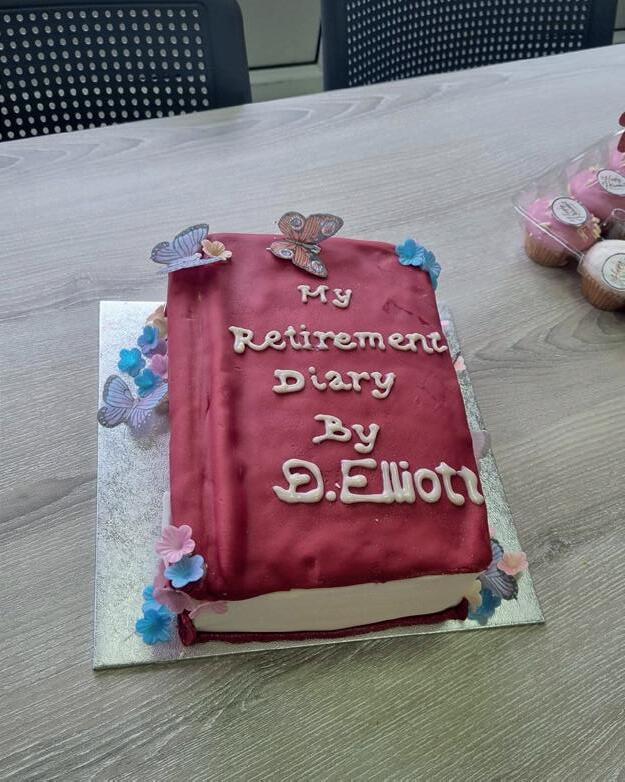
The toolkit
Improve and maintain your psychological health with our ‘How Am I’ toolkit. The toolkit contains a range of help within four zones (Red, Yellow, Green and Blue) which relate to the way you are feeling right now – your ‘emotional temperature’.
Just scan the QR code or visit: www.southtees.nhs.uk/staff/how-am-I
ICS TEWV staff wellbeing hub
Confidential advice and support helpline. 7am - 9pm (7-days a week)
Contact: 0191 223 2030
IMPACT on Teesside - talking therapy
Provide talking therapy, counselling and alternative therapies.
Available 9am - 5pm (weekdays) and online referrals can be made anytime.
Contact: 01642 573924
Access online: www.impactonteesside.com

Recovery college online
A range of online courses to support with aspects of wellbeing and mental health.
Access online: www.recoverycollegeonline.co.uk
Able futures
Available from 8am - 10.30pm weekdays or refer online.
Contact: 0800 321 3137
Access online: able-futures.co.uk/individuals

INTERNAL SUPPORT CONTACTS

South Tees
James Cook: 01642 854802 Friarage: 01609 763275
North Tees 01642 383138
jim.wright@nhs.net

01642 282482
Tees 01642 383211
kelly.thomson10@nhs.net

“When words are both true and kind, they changecanthe world.”
—Buddha